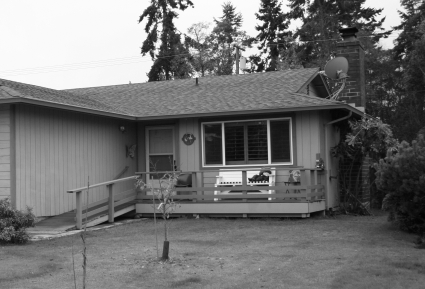Getting Sequim short sales approved is about as likely as winning the lottery. Well, not quite, but trying to get Sequim short sales approved is not for the feint of heart. Why is a listing that clearly states it is a short sale such a risky and uncertain proposition for buyers? I’ll give you the short answer. [This article does not apply to large short sale markets like Las Vegas and Phoenix where short sales occur every day.]
Sequim Short Sales
Sequim Short Sales
A short sale is a sale in which the lender takes a loss. In other words, the bank takes less than what is owed on the balance of the mortgage because the house is upside down. In a short sale the sellers always net zero, and could end up owing the bank for the loss, unless the bank agrees to let them off the hook. There may also be tax owed on the amount forgiven under the IRS Code, although congress has temporarily waived that crazy provision.
Sequim Short Sales
Banks only accept a loss and approve a short sale if certain conditions are met. Sequim short sales require that sellers complete an extensive application, and they must persuade the bank that they have little or no assets to their name, no financial resources from any other source, and their income must be insufficient to continue to make the full mortgage payments. The sellers have to provide written third party proof with bank statements, tax returns, and often a great deal of additional documents.
When a home is listed as a short sale, it is the Realtor and their client who come up with a number out of thin air. Granted, it should be a number that is below FMV if they want to get it sold, and in this market that may mean the listing price is below the balance of the mortgage, or at least that the net proceeds for the bank after selling costs would mean they take a loss.
But banks do not pre-approve short sales, so the listing price for a short sale is just a price with the hope that the bank will approve the sale and take a loss. It doesn’t take a rocket scientist to know that is a risky proposition, especially when banks are routinely rejecting deals and others are taking months to even respond. Most buyers will not sit around for months waiting for a bank to respond, especially when the answer is often no.
Sequim short sales are risky propositions, because buyers have absolutely no way of knowing whether the price they agree upon with the seller (mutual acceptance price) will be approved by the bank, and the banks will NOT give us any indication of how long it will take them to make a decision. [In Las Vegas, for example, banks have worked out organized systems for handling large numbers of shorts sales, but such systems are not in place on the Olympic Peninsula.]
This doesn’t mean that you should strike all Sequim short sales off your list. It does mean that you should seriously try to find a house where you can submit an offer and get a response within a couple of days. Those are not Sequim short sales.
Last Updated on September 4, 2011 by Chuck Marunde



























